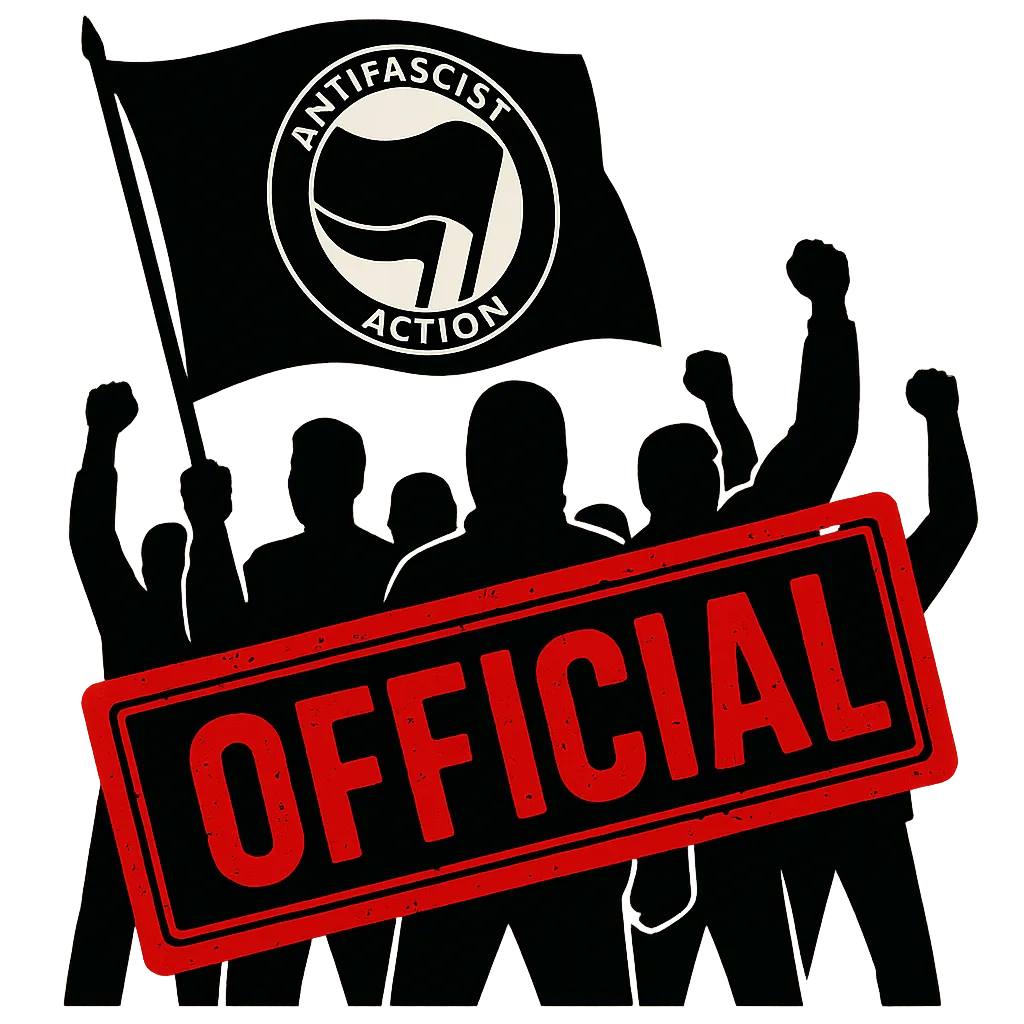Trump Designates Antifa as Terrorist Group, Sparks Debate Over “Anti-Fascist” Movement

Lead
President Donald Trump on Sept. 18, 2025, announced plans to label the decentralized anti-fascist movement Antifa a “major terrorist organization” during a state visit to the United Kingdom.
Nut Graf
The unprecedented move-coming days after the assassination of conservative activist Charlie Kirk by an alleged Antifa sympathizer-escalates a long-running political battle over protest tactics, free-speech boundaries and how “anti-fascist” activism is defined and regulated.
What Is Antifa?
- Origin of the Term: Short for the German antifaschistisch, meaning “anti-fascist,” first used by a multiparty front in 1932 to counter Nazism.
- Structure: A loosely linked network of autonomous local groups and individuals; no formal leadership, membership lists or headquarters.
- Ideology and Tactics: United against fascism, white supremacy and xenophobia, participants employ nonviolent direct action-posters, marches, mutual aid-and, at times, confrontational tactics including property damage and physical defense of vulnerable communities.
Key Details of Trump’s Announcement
- Designation: Trump called Antifa “a sick, dangerous, radical left disaster” and said he would recommend investigations into those funding the movement.
- Legal Questions: Experts note the U.S. has no existing mechanism to brand a domestic network as a terrorist organization without raising First Amendment and separation-of-powers concerns.
- Political Context: Trump has long criticized Antifa as emblematic of left-wing extremism, linking it to Democratic politicians and invoking it as a campaign rallying point.
Reactions and Implications
- Civil Liberties Advocates warn that treating a diffuse ideology as terrorism risks chilling lawful protest and dissent.
- Republican Supporters applaud a tougher stance on political violence, framing Antifa as a security threat.
- Law Enforcement agencies face uncertainty over enforcement powers and jurisdiction if the designation moves forward.
Background and Relevance
In the aftermath of nationwide protests in 2020, Antifa became a flashpoint in America’s culture wars-praised by some for defending marginalized communities, condemned by others for violent tactics. Trump’s latest declaration marks the first time a sitting U.S. president has attempted to apply a foreign-terrorism framework to a domestic protest movement, setting up a high-stakes legal and political showdown.
Categories
Autos and vehicles Beauty and fashion Business and finance Climate Entertainment Food and drink Games Health Hobbies and leisure Jobs and education Law and government Other Politics Science Shopping Sports Technology Travel and transportationRecent Posts
Tags
Archives
08/19/2025 (3) 08/20/2025 (40) 08/21/2025 (27) 08/22/2025 (22) 08/23/2025 (4) 08/24/2025 (21) 08/25/2025 (30) 08/26/2025 (24) 08/27/2025 (29) 08/28/2025 (16) 08/29/2025 (9) 08/30/2025 (13) 08/31/2025 (17) 09/01/2025 (167) 09/02/2025 (124) 09/03/2025 (149) 09/04/2025 (112) 09/05/2025 (72) 09/06/2025 (169) 09/07/2025 (162) 09/08/2025 (150) 09/09/2025 (176) 09/10/2025 (194) 09/11/2025 (194) 09/12/2025 (186) 09/13/2025 (207) 09/14/2025 (159) 09/15/2025 (175) 09/16/2025 (198) 09/17/2025 (196) 09/18/2025 (196) 09/19/2025 (207) 09/20/2025 (129) 09/21/2025 (4)